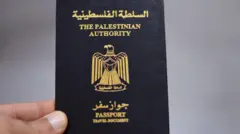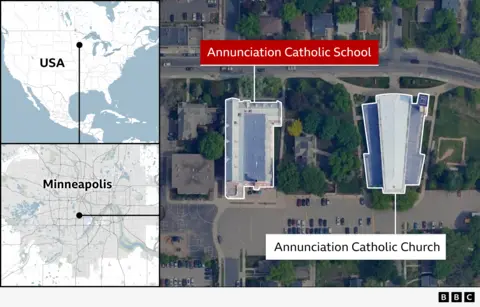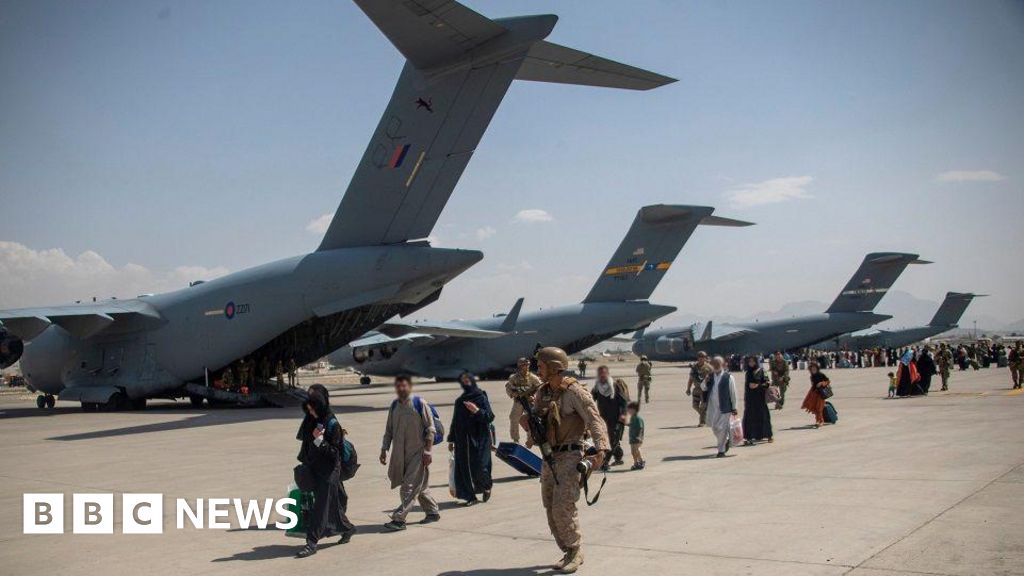Under a treaty finalized in May, Mauritius is set to regain sovereignty over the Chagos Islands, but the agreement allows the United States and the United Kingdom to maintain their military base on Diego Garcia, the archipelago's largest island, for the next 99 years. The Pope urged Mauritian authorities to facilitate the return of refugees to their homeland, emphasizing the need for recognition of people's rights to their land and identity.
The Chagos Islands were sold by the UK to Mauritius in 1968 for £3 million, an arrangement that Mauritius contends was achieved through coercion as a precondition for its independence. Subsequently, the UK and US established a military base, displacing thousands of Chagossians either to Mauritius, Seychelles, or England, particularly to Crawley in West Sussex.
As part of the recent agreement, Britain has committed to paying Mauritius £101 million annually for the next 99 years, while also designating a 24-mile exclusion zone around Diego Garcia, where no construction may occur without UK consent. Additionally, the UK retains the authority to restrict access to other islands within the archipelago.
The deal has attracted criticism from opposition leaders in the UK and from some Chagossians now living abroad, leading to claims of national insecurity due to perceived vulnerabilities to nations like China. However, Prime Minister Rishi Sunak stressed the necessity of the arrangement for national security, asserting that a failure to act could jeopardize Britain's ability to deter military establishments by other countries near its strategic bases.
Attorney General Gavin Glover of Mauritius celebrated the agreement as a resolution to a "60-year struggle," though efforts by two women born on Diego Garcia to legally contest the treaty were rebuffed by the High Court in May.
The newly minted treaty awaits ratification by both the UK and Mauritian parliaments before the terms can be officially enacted.
The Chagos Islands were sold by the UK to Mauritius in 1968 for £3 million, an arrangement that Mauritius contends was achieved through coercion as a precondition for its independence. Subsequently, the UK and US established a military base, displacing thousands of Chagossians either to Mauritius, Seychelles, or England, particularly to Crawley in West Sussex.
As part of the recent agreement, Britain has committed to paying Mauritius £101 million annually for the next 99 years, while also designating a 24-mile exclusion zone around Diego Garcia, where no construction may occur without UK consent. Additionally, the UK retains the authority to restrict access to other islands within the archipelago.
The deal has attracted criticism from opposition leaders in the UK and from some Chagossians now living abroad, leading to claims of national insecurity due to perceived vulnerabilities to nations like China. However, Prime Minister Rishi Sunak stressed the necessity of the arrangement for national security, asserting that a failure to act could jeopardize Britain's ability to deter military establishments by other countries near its strategic bases.
Attorney General Gavin Glover of Mauritius celebrated the agreement as a resolution to a "60-year struggle," though efforts by two women born on Diego Garcia to legally contest the treaty were rebuffed by the High Court in May.
The newly minted treaty awaits ratification by both the UK and Mauritian parliaments before the terms can be officially enacted.




















